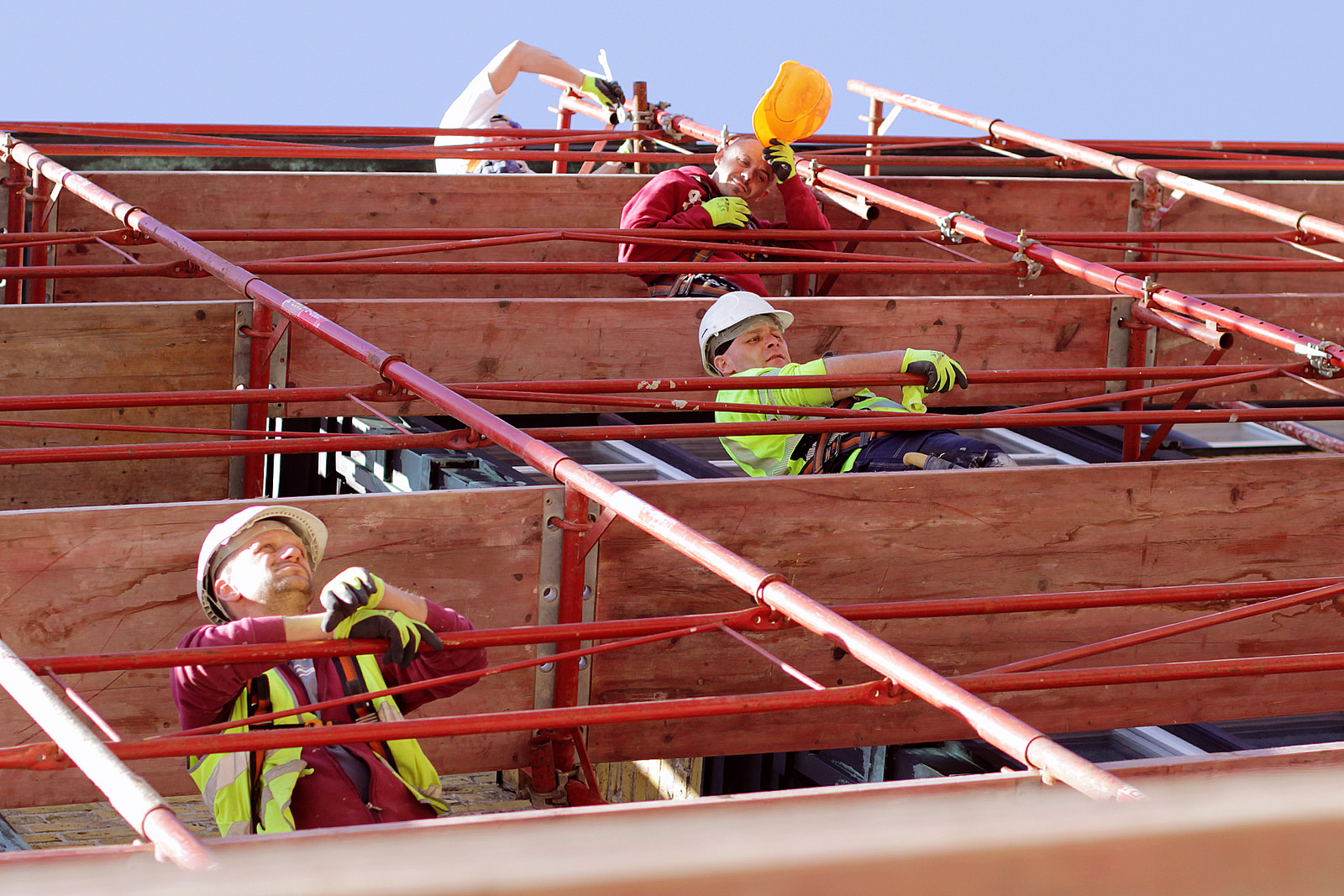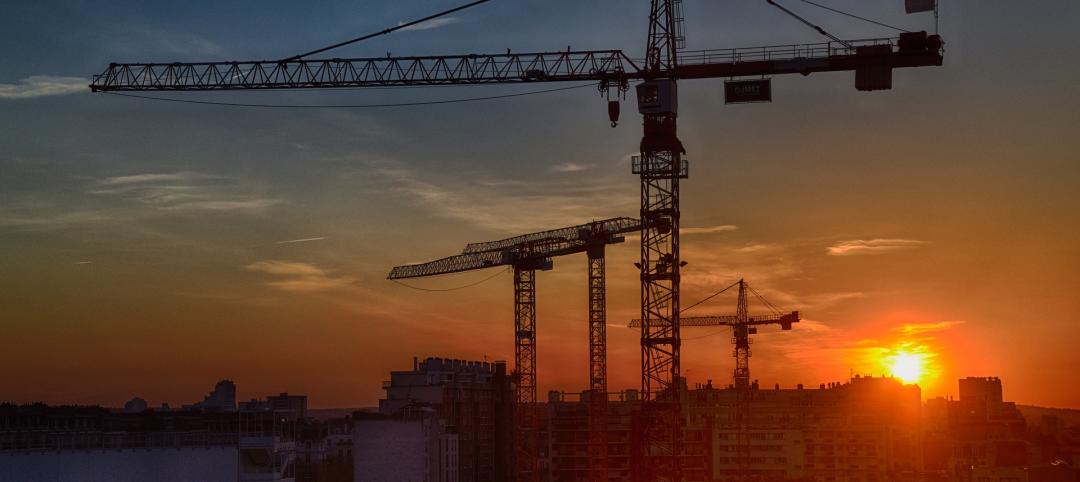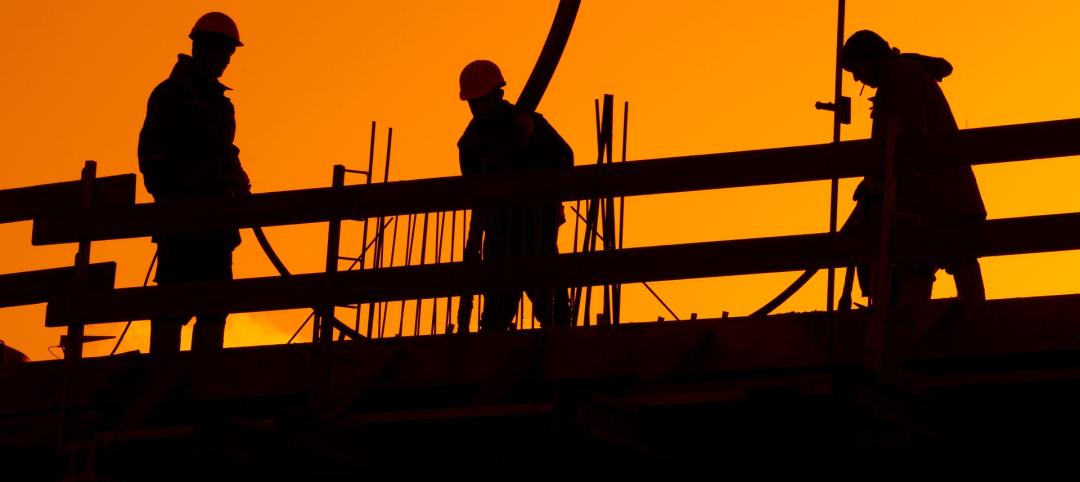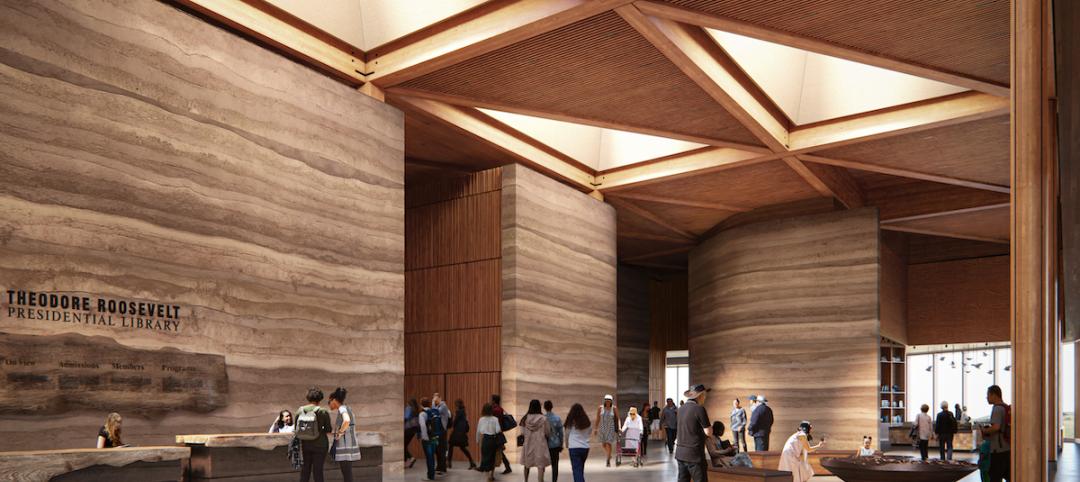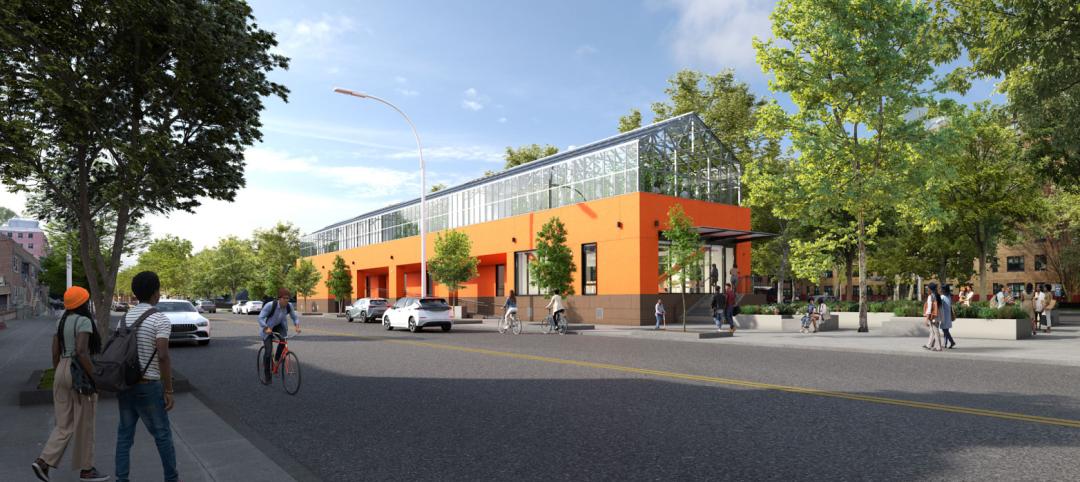Nonresidential construction spending expanded in October for the third consecutive month (September's estimate was revised higher than August's) according to analysis of U.S. Census Bureau data released by Associated Builders and Contractors (ABC) today. Nonresidential construction spending totaled $701.8 billion in October on a seasonally adjusted annualized rate, a 1% increase on a monthly basis and an 11% increase on a yearly basis.
Private sector nonresidential construction spending added 0.6% for the month, reaching a total of $403.4 billion. Nonresidential spending in the public sector gained 1.4% from September, totaling $298.4 billion.
"The data tell a simple story: October was a strong month for nonresidential construction spending," said ABC Chief Economist Anirban Basu. "Interestingly, in October, publicly financed construction spending expanded more rapidly than private construction spending, representing a stark reversal from prior years when construction's recovery was motivated almost exclusively by private spending growth. There is reason to believe that public finances will continue to improve, which should help bolster nonresidential construction's fortunes into 2016.
"Construction spending continues to be supported by ongoing improvement in state and local government finances, inexpensive money, availability of both debt and equity to finance projects, growing demand for office and other forms of space, and added levels of confidence among key economic actors," Basu said.
Spending increased in 10 of 16 nonresidential construction sectors on a monthly basis in October:
- Public safety-related spending expanded by 15.7% for the month but fell by 2.2% from October 2014.
- Conservation and development-related spending gained 12.2% on a monthly basis and 9.6% on a yearly basis.
- Spending in the communication category increased by 7.3% since September 2015 and 19.2% since October 2014.
- Manufacturing-related spending expanded by 3% month-over-month and 40.5% year-over-year.
- Spending the water supply category grew by 2.4% for the month and 4.6% since the same time last year.
- Health care-related spending grew 1.3% from September and 6.1% from October of last year.
- Highway and street-related spending expanded by 1.1% on a monthly basis and 6% on a yearly basis.
- Transportation-related spending grew 0.9% month-over-month and 4.2% year-over-year.
- Office-related spending inched 0.5% higher on a monthly basis and 15.3% higher on a yearly basis.
- Spending in the educational category expanded by 0.4% from September 2015 and 9.4% from October 2014.
Spending in six of the nonresidential construction subsectors fell in October on a monthly basis:
- Spending in the amusement and recreation category fell by 0.3% for the month but increased by 24.1% on a yearly basis.
- Lodging-related spending declined 0.4% on a monthly basis but gained 29.6% year-over-year.
- Commercial-related spending dipped 0.5% from September 2015 and 2.2% from October 2014.
- Spending in the sewage and waste disposal category fell 0.7% on a monthly basis but expanded by 6.2% on a yearly basis.
- Power-related spending fell 1.9% for the month but is up 5.1% year-over-year.
- Religious-related spending dipped 3.4% on a month-ago basis but is up 10.3% from the same time last year.
To view the previous spending report, click here.
Related Stories
Codes and Standards | Jun 17, 2024
Federal government releases national definition of a zero emissions building
The U.S. Department of Energy has released a new national definition of a zero emissions building. The definition is intended to provide industry guidance to support new and existing commercial and residential buildings to move towards zero emissions across the entire building sector, DOE says.
Multifamily Housing | Jun 14, 2024
AEC inspections are the key to financially viable office to residential adaptive reuse projects
About a year ago our industry was abuzz with an idea that seemed like a one-shot miracle cure for both the shockingly high rate of office vacancies and the worsening housing shortage. The seemingly simple idea of converting empty office buildings to multifamily residential seemed like an easy and elegant solution. However, in the intervening months we’ve seen only a handful of these conversions, despite near universal enthusiasm for the concept.
Healthcare Facilities | Jun 13, 2024
Top 10 trends in the hospital facilities market
BD+C evaluated more than a dozen of the nation's most prominent hospital construction projects to identify trends that are driving hospital design and construction in the $67 billion healthcare sector. Here’s what we found.
Affordable Housing | Jun 12, 2024
Studio Libeskind designs 190 affordable housing apartments for seniors
In Brooklyn, New York, the recently opened Atrium at Sumner offers 132,418 sf of affordable housing for seniors. The $132 million project includes 190 apartments—132 of them available to senior households earning below or at 50% of the area median income and 57 units available to formerly homeless seniors.
Contractors | Jun 12, 2024
New hire strengthens Kraus Anderson's relationships with design-architects
Nate Enger, the firm’s second design phase services manager, has worked on both sides of the designer-contractor fence.
Contractors | Jun 12, 2024
The average U.S. contractor has 8.3 months worth of construction work in the pipeline, as of May 2024
Associated Builders and Contractors reported that its Construction Backlog Indicator fell to 8.3 months in May, according to an ABC member survey conducted May 20 to June 4. The reading is down 0.6 months from May 2023.
Lighting | Jun 10, 2024
LEDs were nearly half of the installed base of lighting products in the U.S. in 2020
Federal government research shows a huge leap in the penetration of LEDs in the lighting market from 2010 to 2020. In 2010 and 2015, LED installations represented 1% and 8% of overall lighting inventory, respectively.
Contractors | Jun 7, 2024
First-in-nation law requires contractors to pay prevailing wage for subsidized housing projects in Minnesota
Minnesota recently adopted a first-in-nation law that requires contractors to pay prevailing wage for subsidized housing projects in the state. This action makes Minnesota the first state in the nation to mandate prevailing wages on projects funded by federal Low-Income Housing Tax Credits (LIHTC).
Libraries | Jun 7, 2024
7 ways to change 'business as usual': The Theodore Roosevelt Presidential Library
One hundred forty years ago, Theodore Roosevelt had a vision that is being realized today. The Theodore Roosevelt Presidential Library is a cutting-edge example of what’s possible when all seven ambitions are pursued to the fullest from the beginning and integrated into the design at every phase and scale.
Education Facilities | Jun 6, 2024
Studio Gang designs agricultural education center for the New York City Housing Authority
Earlier this month, the City of New York broke ground on the new $18.2 million Marlboro Agricultural Education Center (MAEC) at the New York City Housing Authority’s Marlboro Houses in Brooklyn. In line with the mission of its nonprofit operator, The Campaign Against Hunger, MAEC aims to strengthen food autonomy and security in underserved neighborhoods. MAEC will provide Marlboro Houses with diverse, community-oriented programs.


